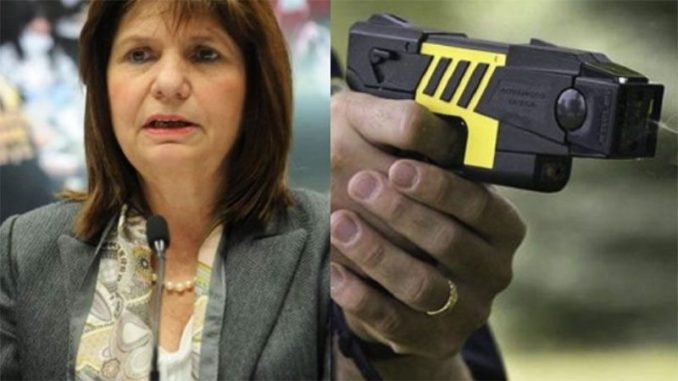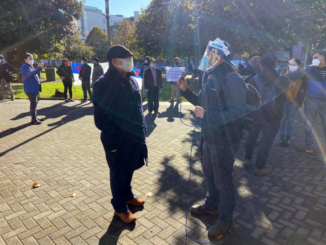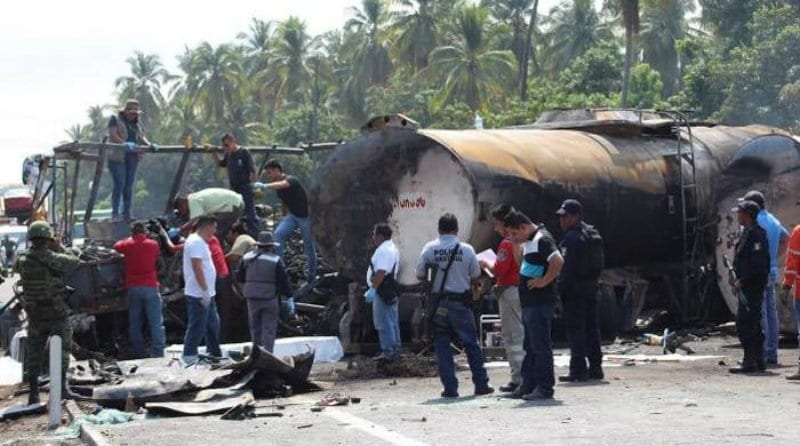
BUENOS AIRES – Argentine federal police and security forces will now be allowed to use non-lethal weapons like electric tasers, following a Security Ministry decree signed on Monday.
Officers will “be able to deal with situations” which do not require the use of force “without employing firearms,” the decree reads.
Electric weapons likes tasers are a “middle ground” to be used in “a rational and gradual” way “in situations of conflict involving violent or threatening people”, the Security Ministry said in the decree, addressing the new regulation titled “General regimentation of electric weapons for Police and Federal Security agents”.
The entity led by Security Minister Patricia Bullrich said the new tools would give officers “an additional tactical option in lieu of firearms”.
The decree highlighted “norms and international doctrines which show positive results in medical and technical examinations as per the studies of prestigious universities”.
Each electric taser will cost the government US$3,000, according to reports by the La Nación newspaper in January, which reported that police in Buenos Aires City were already learning how and when to use these weapons in special training classes.
“At first, they will be used in airports and trains. The idea is to use them in crowded areas where you ultimately must resort to lethal weapons,” officials from the Security Ministry told Clarín. If taser use goes well, they may be used in other public spaces “from time to time.”
“The use of electronic weapons has no lethal impact on people”, the Security Ministry said. Its decree pointed to the use of weapons in countries like Germany, Saudi Arabia, Australia, Canada, Spain, Finland, France, the United Kingdom, Switzerland, Sweden, Chile, Colombia, Brazil and Bolivia.
However the roll-out of electric weapons is rejected by the country’s human rights groups. Taser use was made legal by a Supreme Court of Justice ruling in 2016.
In January, Minister Bullrich stood by taser use as a humane and effective law enforcement strategy.
”Criticism is an Argentine game, it is like a sport. The tasers are designed to be used in situations of turmoil. The debate on whether to use them or not is already won, as taser use was declared constitutional,” Bullrich said.
The government is also looking into facial recognition technology to be used in the City’s subte underground network. According to Deputy Mayor Diego Santilli, the camera technology could quickly identify harassers or people with criminal record.–MercoPress



